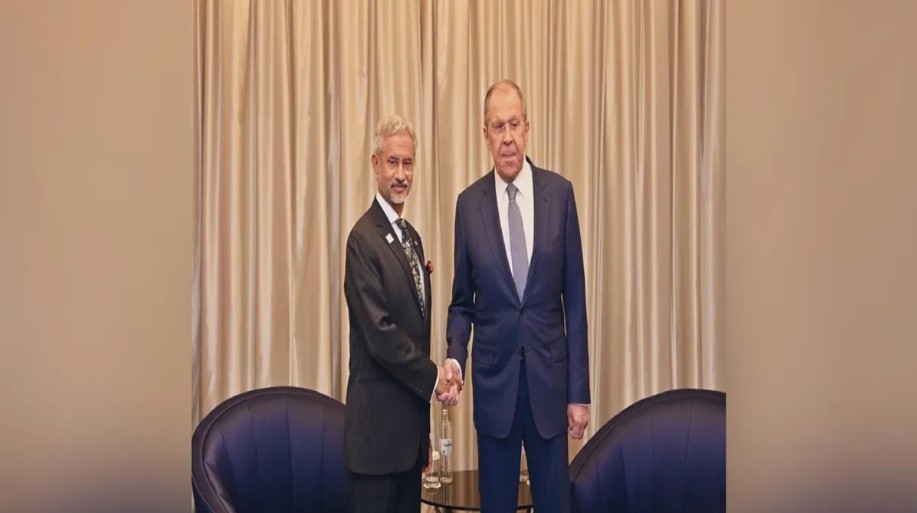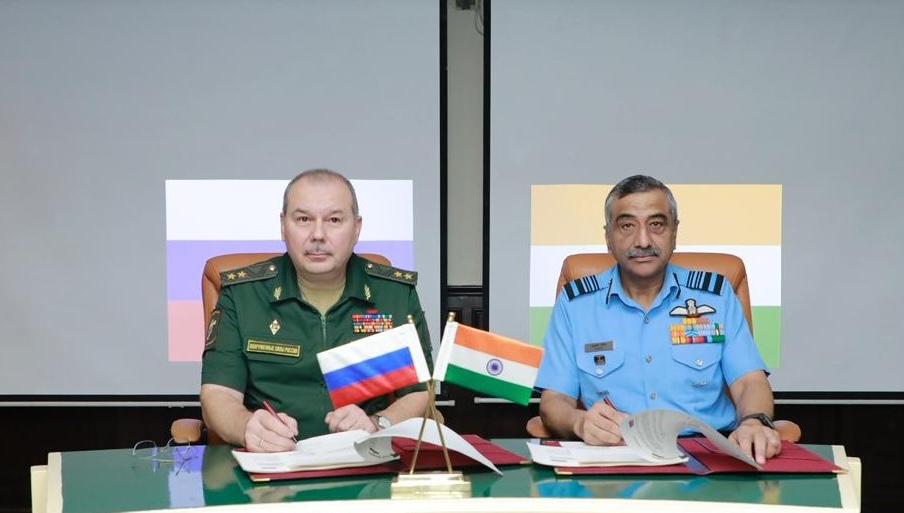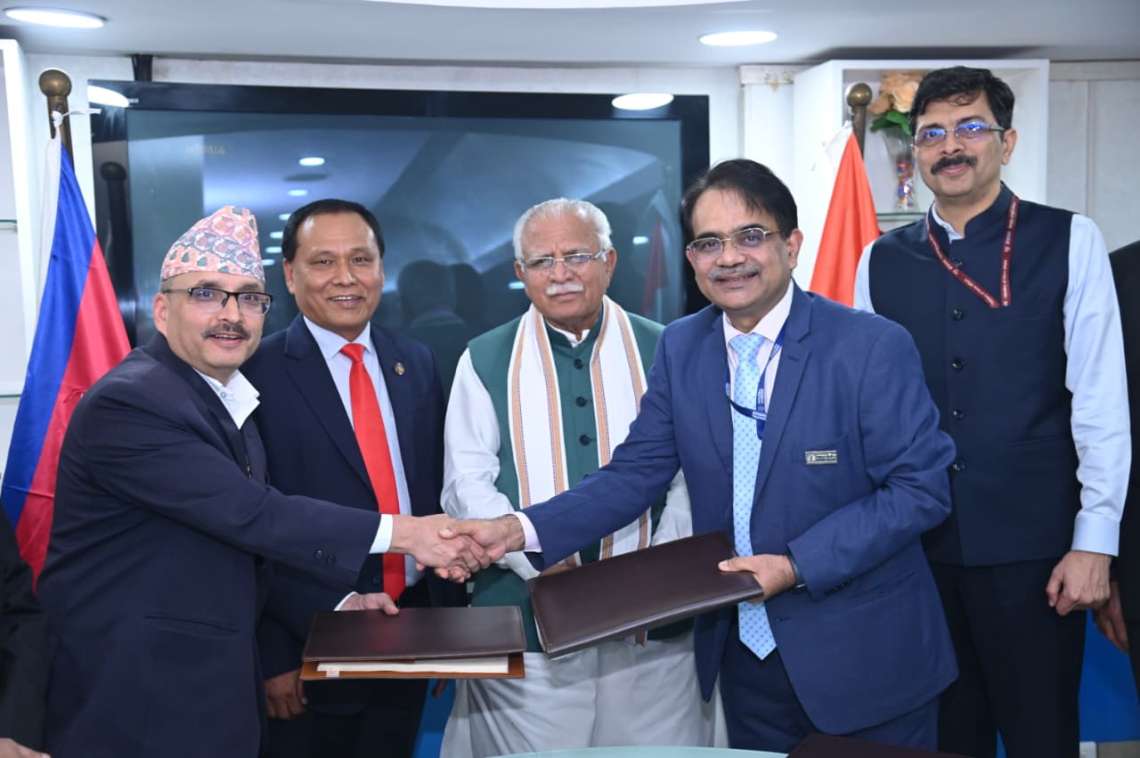Both the Ministers discussed issues of Russian-Indian cooperation and the aggravation of India-Pakistan relations following the terrorist attack in Pahalgam.
External Affairs Minister (EAM) S. Jaishankar spoke to the Russian Foreign Minister Sergey Lavrov telephonically and held discussions amid the escalating tensions between India and Pakistan, following the Pahalgam terror attack, which claimed 26 lives.
While speaking to Russian Foreign Minister, the External Affairs Minister also discussed about the bilateral cooperation activities between India and Russia and added that the “perpetrators, backers and planners of the Pahalgam terror attack must be brought to justice”.
In a post on social media platform X, EAM Jaishankar on Saturday wrote: “Discussed the Pahalgam terrorist attack with FM Lavrov of Russia yesterday. Its perpetrators, backers and planners must be brought to justice. Also spoke about our bilateral cooperation activities.”
According to the Russian Foreign Ministry, the two Ministers also discussed the schedule of upcoming contacts at the highest levels.
On April 22, gunmen attacked on innocent tourists who were there to enjoy the scenic beauty of “mini Switzerland”. The attack, the deadliest in the Kashmir Valley since the 2019 Pulwama strike, targeted mostly tourists and was claimed by The Resistance Front (TRF), a proxy of the Pakistan-based terrorist organisation Lashkar-e-Toiba (LeT). The TRF later denied involvement in the attack.
Both the Ministers discussed issues of Russian-Indian cooperation and the aggravation of India-Pakistan relations following the terrorist attack in Pahalgam.
On May 2, Russian Foreign Minister Lavrov spoke with India’s EAM Jaishankar.
“Sergey Lavrov called for settling disagreements between New Delhi and Islamabad on a bilateral basis by political and diplomatic means per the provisions of the Simla Agreement of 1972 and the Lahore Declaration of 1999,” the Russian Federation said in a statement.
Following the terror attack in Pahalgam, the Central government announced several diplomatic measures, such as closing the Integrated Check Post (ICP) at Attari, suspending the SAARC Visa Exemption Scheme (SVES) for Pakistani nationals, giving them 40 hours to return to their country, and reducing the number of officers in the High Commissions on both sides.
The Indian government also cancelled all types of visas granted to Pakistani nationals and ordered them to leave by April 30. India also closed its airspace for flights operated by Pakistan Airlines.
In retaliation, Pakistan announced the suspension of all trade with India, including to and from any third country through Pakistan and barred Indian airlines from using its airspace.
Pakistani forces have also been violating ceasefire along the border for ninth consecutive day, opening small arms fire along the Line of Control (LoC) in five Jammu and Kashmir districts.
At a key security meeting on April 29, Prime Minister Narendra Modi said that the armed forces have full operational freedom to determine the mode, targets, and timing of India’s response to the terrorist attack in Pahalgam.
“It is our national resolve to deliver a crushing blow to terrorism,” PM Modi said, according to sources in the government.














